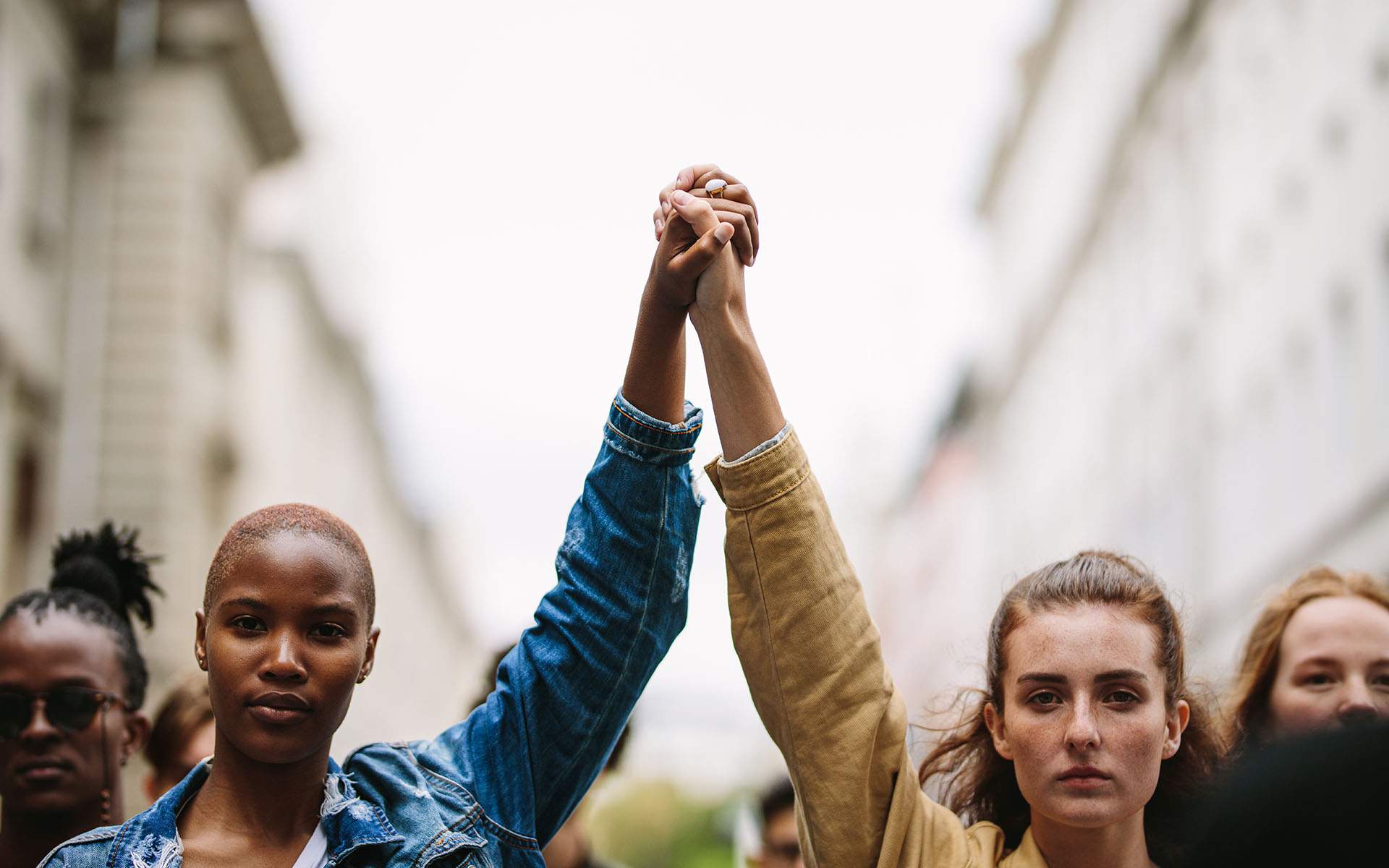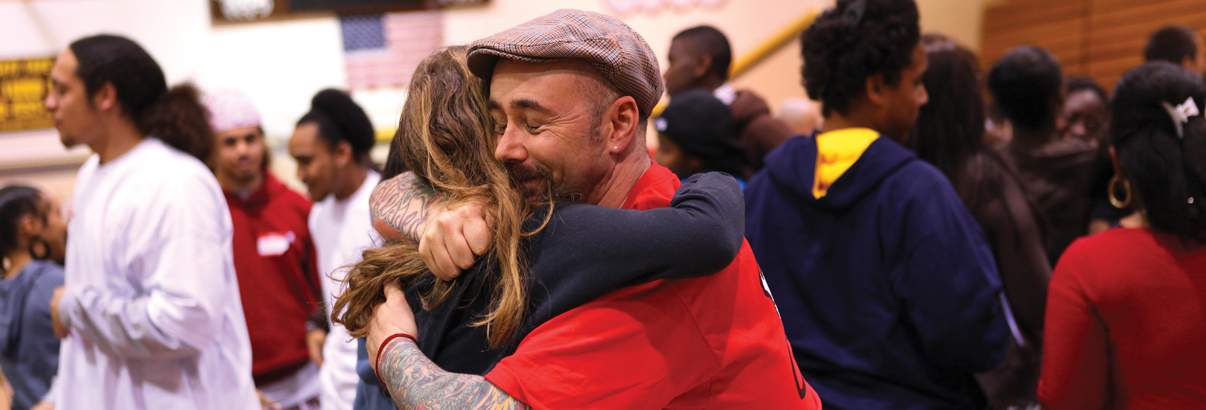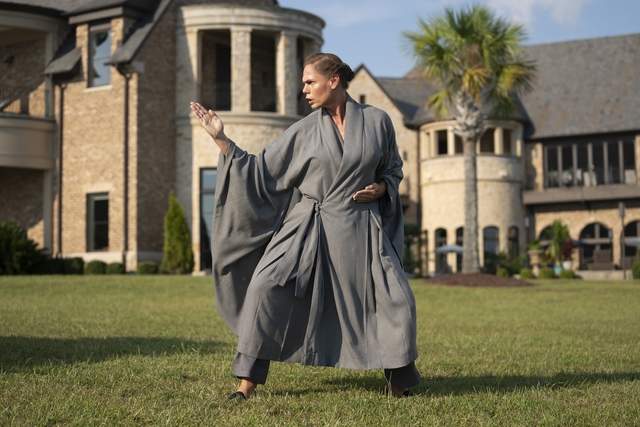Dr. Angela Rose Black is an activist, scholar, practitioner, and thought leader in the mindfulness movement. She is also the Founder and CEO of Mindfulness for the People LLC—a Black-owned social change agency that offers oppression-sensitive and culturally-responsive mindfulness trainings engaging Racial Battle Fatigue among People of Color and White Fragility among White people. We asked her to share her journey with us in this a Mindful Q &A.
Mindful: Can you share a bit about your journey and what brought you to mindfulness?
Dr. Angela Rose Black: I spent over 15 years in academia as a health disparities scholar. My research focused on Black women’s stress-health pathways, identifying what kinds of life experiences produce compromised health outcomes, but also, what elements of our lives promote resilience. The irony of my research life was that across many “real time” data points—as a graduate student, postdoc, and tenure-track professor—I was presenting on and researching the intersection of Black women’s health and stress while being incredibly stressed and unwell myself. Something about that didn’t feel right. Why was I traveling all over the country, educating audiences on disparities in Black women’s health outcomes, when—behind closed doors—I knew I wasn’t well?
As a way to offset my own health compromise, I began exploring mindfulness and meditation. And while I hoped to begin locating ways to support my own healing, I learned quickly that spaces where mindfulness initiatives were taking place were just an extension of the racial aggression and isolation I felt at-large, except worse. Because in these spaces, I arrived as a woman of color already fatigued by the racial isolation and racial aggression of the world, yet expecting and hoping to try on practices that might aid in diffusing some of the burden I carried. Instead, I had to navigate the complexities of feeling unwelcomed while curiously hyperfocused on; unseen yet aggressively over-directed by White practitioners and teachers. So while trying to make room to “pay attention with intention” to my breath, I just kept feeling like something about my presence, my very embodiment of Blackness, was both triggering and intoxicating for White folks there too.
I was presenting on and researching the intersection of Black women’s health and stress while being incredibly stressed and unwell myself.
As I shared my frustrations with other practitioners of color in my life—the microaggressions, the vacillation between over and under engagement by White community members, the sense of isolation intensified by curricula steeped in Whiteness—these experiences mirrored their own stumbled-upon discoveries in walking the mindfulness path. Many of us had been repeatedly yet unintentionally harmed by White students and White instructors teaching curricula grounded in Whiteness.
Mindful: Describe what you mean by mindfulness curricula being grounded in Whiteness.
Dr. Angela Rose Black: Sure. Mindfulness curricula grounded in Whiteness means that there is an overt assumption that the content presented is universally beneficial to EVERYbody. That the empirical evidence driving the curricula is “robust and rigorous” so of course its application is relevant to EVERYbody. And all of this universality is assumed while never having to say that decades of evidence-based, well-funded, highly visible, and industry standard findings that support mindfulness curricula and practices are predominantly normed on the lived experiences of White people.
Mindfulness for the People was born from my desire to center the voices and wisdom of People of Color in mindfulness research, teaching, and practice.
And quite honestly, that lack of inquiry—not having to ask which bodies receive benefit and which ones don’t; which ones were included in research studies and which ones weren’t, all the while garnering major dollars to further the development of this blind spot—is not only an oversight, but a demonstration of how capitalism and White privilege is driving the mindfulness movement.
Mindful: Is that why you felt called to create Mindfulness for the People?
Dr. Angela Rose Black: Mindfulness for the People was born from my desire to center the voices and wisdom of People of Color in mindfulness research, teaching, and practice. From feeling the deeply painful but sobering reality that our omission in mindfulness spaces was reflective of our absence from the very imagination of what mindfulness is or could be.
White folks may be surprised to note the myriad ways in which they, too, benefit by seeing People of Color engaged in our own mindfulness practices and by being led in mindfulness instruction by teachers of color. One comment I’ve often received teaching mindfulness to White students is, until having this felt experience of being instructed by a Person of Color, never before had they realized how rarified this dynamic is in their lives—and how hungry they were for more. Never before had they been encouraged to consider there might be consequences for the relative absence of POC perspectives influencing their worldviews—their very practice. This integration of POC perspectives is a key way White folks can contribute to reimagining the mindfulness movement and act in opposition to systemic Whiteness in the mindfulness movement.
Mindful: What makes re-imagining the mindfulness movement such a radical act?
Dr. Angela Rose Black: Re-imagining a mindfulness movement that actually meets the needs of our racialized world IS a radical act because in doing so, we are collectively saying that although our oppressions may be connected, the way in which we arrive at suffering can look very different. We no longer have to be blissed out by the universality that unites us—our family stress, work stress, relational stress—because we have the right to feel distinct differences in our life experiences as a function of our racial identities. So if we cannot live unracialized lives in a racialized world, when then will the mindfulness movement respond in kind?
read More
Healing Racial Fault Lines
How the simple act of sharing personal stories can help uncover divisive thoughts buried deep within ourselves.
Read More
Fear Less, Love More
Evolution has primed us to seek solid ground, certainty. That’s why we’re so quick to label others. Is mindfulness the way to uncover and counteract unconscious bias?
Read More










